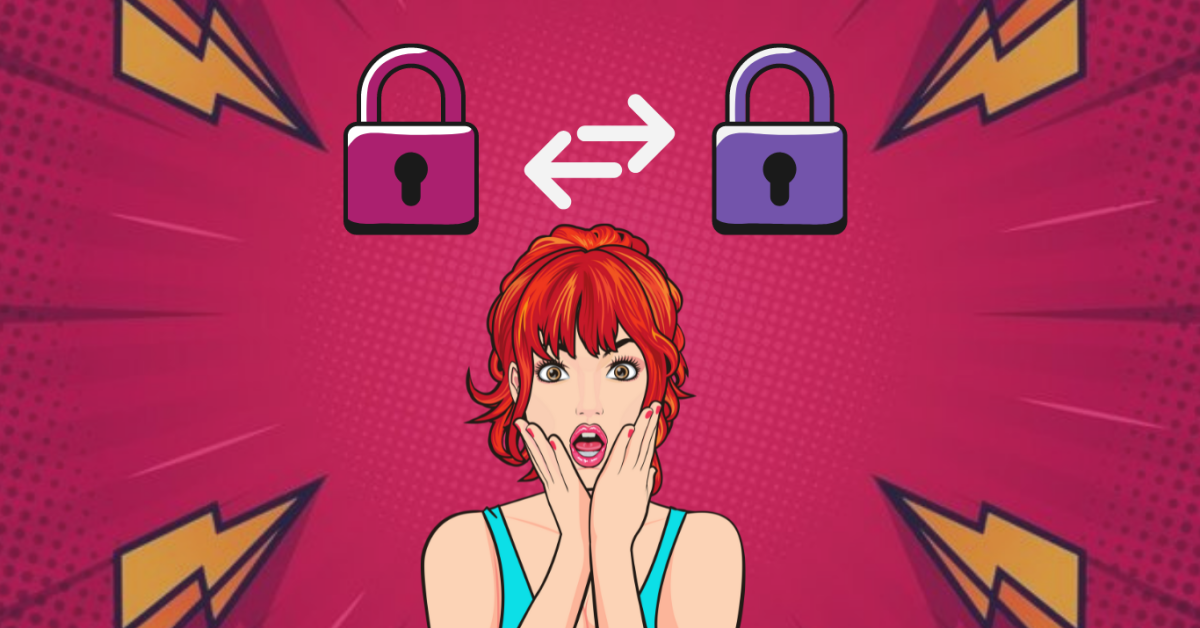Changing Locks and Family Homes
30/08/2023
2 min read

1. Why do people ask about changing locks in family homes?
Changing locks often comes up when couples are thinking about separating, whether they're married, in a civil partnership, or living together. It's also a topic when one person has been asked to leave the shared home.
2. What can I do if I have questions about family law?
If you're dealing with family law issues, don't worry! Our team of divorce experts is here to help. You can get advice by reaching out to us or using our simple online form.
3. What's the big deal about changing locks?
Changing locks is a sensitive issue because it's about more than just keys. It involves feelings, trust, and deciding who can enter and exit the family home.
4. Does changing locks mean the excluded person loses rights to the property?
No, that's a common misconception. Changing locks doesn't mean you automatically lose your rights to the property if you've been locked out. Your ownership rights depend on your relationship status and the legal rules that apply.
5. If I change the locks, does that make me the owner of the property?
No, changing locks doesn't grant you ownership if you're the one with the new keys. Ownership depends on whether you're married, in a civil partnership, or living together. Different rules apply to each situation, determined by family law or property and trust law.
6. Can I keep my ex out by changing the locks if I own the home?
Not necessarily. Even if you're the sole owner, your ex may still have a right to be in the family home. Changing locks doesn't change this, and any financial claims your ex might have continue until you both reach an agreement or a court decision.
7. Can't someone come back once they've left the home?
Yes, people can change their minds. Leaving the home doesn't always mean they can't return later if they decide to.
8. Why do people want to change locks?
Some want to change locks to feel more in control, while others worry about their privacy and safety. If one person moves out, they might agree to come back only at specific times, even if they still have a key.
9. What happens if there are safety concerns or domestic issues?
In cases of safety worries or domestic troubles, the court can step in. They may decide who can stay in the family home temporarily while they figure out the next steps, like whether to sell the home or let one person keep it.
10. What's the key takeaway about changing locks and family homes?
Changing locks doesn't automatically mean you own the property, and leaving the home doesn't always mean you can't return. Legal matters can be confusing, especially regarding safety. But don't worry, the court can step in to determine who can stay in the family home while everything gets sorted out.


